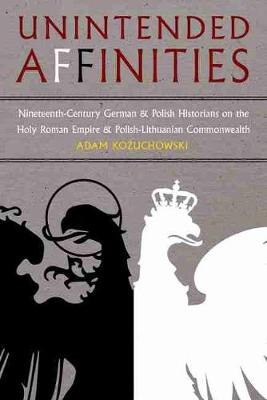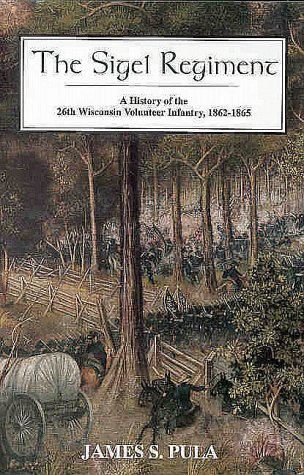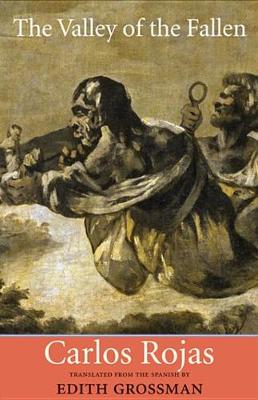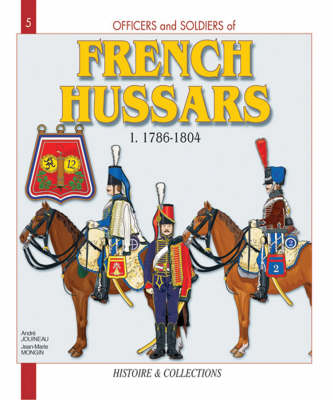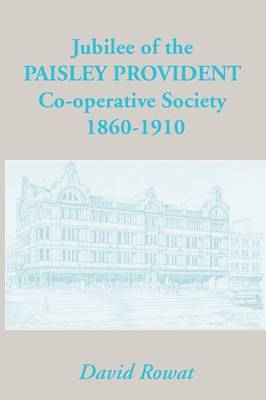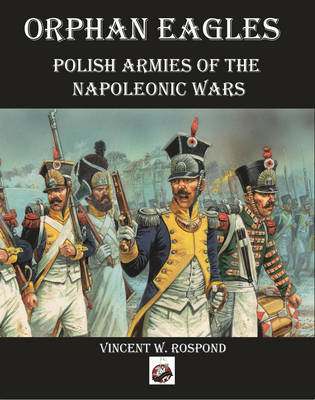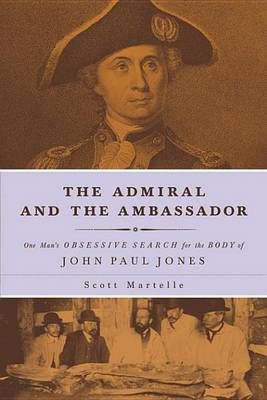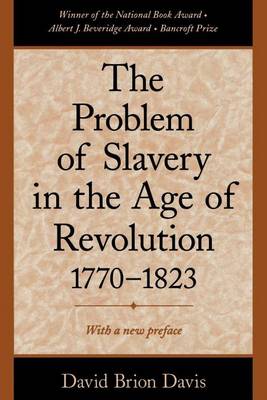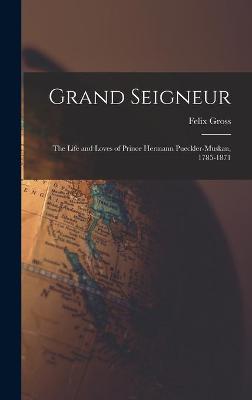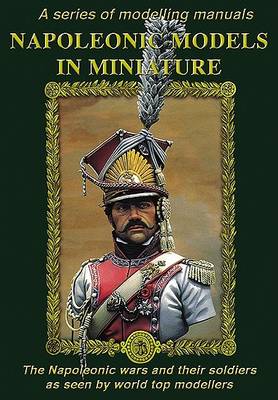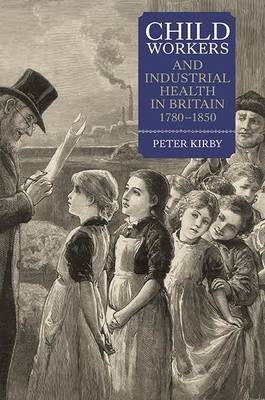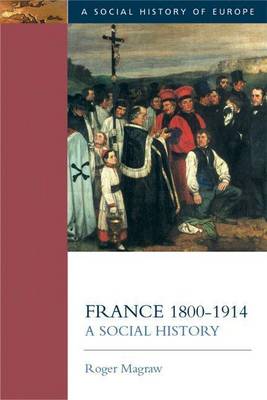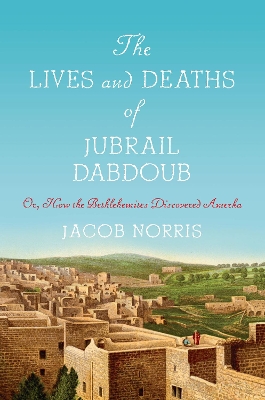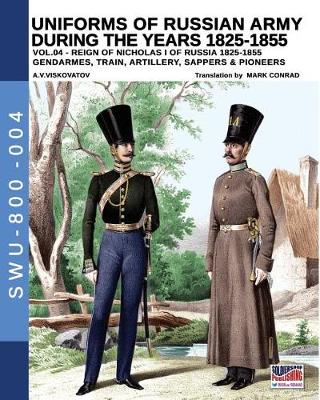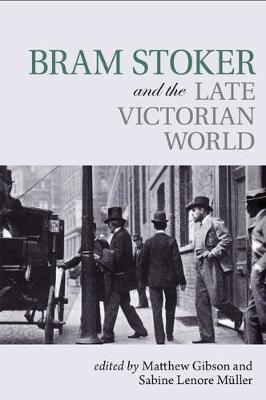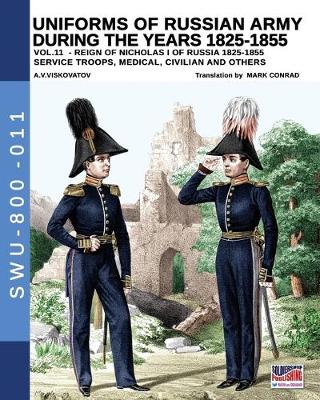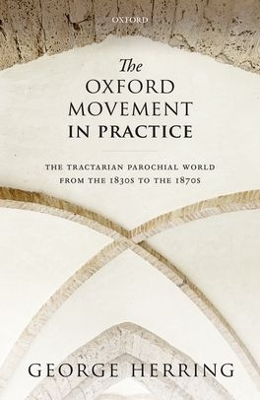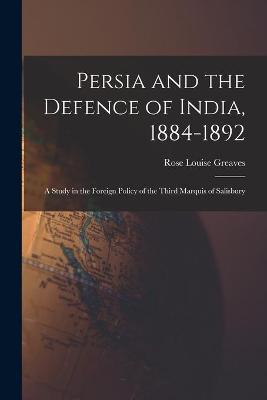Unintended Affinities examines the ways in which German and Polish historians of the nineteenth-century regarded the Holy Roman Empire and the Polish-Lithuanian Commonwealth. The book parallels how historians approached the old Reich and the Commonwealth within the framework of their national history. Kozuchowski analyzes how German and Polish nationalistic historians, who played central roles in propagandizing a glorious past that justified a centralized modern state, struggled with how to port...
The 26th Wisconsin Volunteer Infantry, 1862-1865. Made up largely of German immigrants, the 26th Wisconsin served in the Union's ill-fated XI Corps at Chancellorsville and Gettysburg, and later participated in Sherman's March to the Sea.
The Valley of the Fallen (World Republic of Letters (Yale)) (Margellos World Republic of Letters)
by Carlos Rojas
Acclaimed translator Edith Grossman brings to English-language readers Rojas's imaginative vision of Francisco de Goya and the reverberations of his art in Fascist Spain This historical novel by one of Spain's most celebrated authors weaves a tale of disparate time periods: the early years of the nineteenth century, when Francisco de Goya was at the height of his artistic career, and the final years of Generalissimo Franco's Fascist rule in the 1970s. Rojas re-creates the nineteenth-century co...
The hussars uniforms have always been, par excellence, the most brilliant of all. In this new book, the French hussar regiments are reviewed in detail with all their colorful characteristics of the French Revolution and Consulate period.
Jubilee of the Paisley Provident Co-operative Society Limited (Paisley Collection S.)
by David Rowat
Contents include SOCIAL ASPECTS OF THE EIGHTEENTH AND NINETEENTH CENTURIES, PAISLEY MANUFACTURES, EXPERIMENTS IN CO-OPERATION, HISTORY OF PAISLEY PROVIDENT CO-OPERATIVE SOCIETY LIMITED. A GOOD START, EARLY SUCCESSES, SERIOUS REVERSES, SOME EXPERIMENTS IN PRODUCTION IN SCOTLAND, A START IN PRODUCTION, THE GLASGOW CONGRESS, A PERIOD OF PROSPERITY, EDUCATION DEPARTMENT AND WOMEN'S GUILD.
Napoleonic Models in Miniature
Child Workers and Industrial Health in Britain, 1780-1850 (People, Markets, Goods: Economies and Societies in History)
by Peter Kirby
Historians have long recognised the importance of child health during the Industrial Revolution, but few have explored the health of working children in any analytical detail. In this comprehensive study, Peter Kirby places the occupational health of employed children within a broad context of social, industrial and environmental change during the period 1780 to 1850. The book explores the deformities, fevers, respiratory complaints, industrial injuries and physical ill-treatment which have long...
France, 1800-1914: A Social History
by Lecturer in Modern History Roger Magraw
The Lives and Deaths of Jubrail Dabdoub (Worlding the Middle East)
by Jacob Norris
This is the fantastical, yet real, story of the merchants of Bethlehem, the young men who traveled to every corner of the globe in the 19th century. These men set off on the backs of donkeys with suitcases full of crosses and rosaries, to return via steamship with suitcases stuffed with French francs, Philippine pesos, or Salvadoran colones. They returned with news of mysterious lands and strange inventions—clocks, trains, and other devises that both befuddled and bewitched the Bethlehemites. Wi...
This highly original study brings together the disparate histories of murder and enlightenment, prostitution and the cult of nature, sodomy and sentimentalism in order to retell the story of the making of the modern self. It suggests that the history of the self needs to attend more to its class dimensions, and puts this insight into practice by examining the influence of the criminal courts in spreading and negotiating changing ideas of the self. Using criminal interrogations and witness statem...
This work begins in August 1900 during the war in South Africa, when mounted Boer commandos ranging across the veldt superseded pitched battles of massed armies and heavy weaponry. Thanks to his flair for organisation, Baden-Powell is asked to create a mounted force with a combined military and police role, and will be answerable to the Commander-in-Chief and the civil High Commissioner. Rejecting Army models of command, Baden-Powell creates the South African Constabulary (SAC) with a small num...
In the 1990s it was the French theorists such as Derrida, Lacan and Foucault who, with their stress on linguistic play and undecidability, took Victorian Studies by storm; now, it seems, it is the Germans who are coming. In Roger Ebbatson's new book, Marx, Simmel, Benjamin and, above all, Heidegger are unleashed on a range of Victorian texts -- some unsuspecting, some all too suspecting. The results are alarming: Ebbatson begins with Tennyson overshadowed by empire and homosocial tensions and en...
Uniforms of Russian Army during the years 1825-1855. Vol. 4
by Aleksandr Vasilevich Viskovatov
Uniforms of Russian army during the years 1825-1855 - Vol. 11 (Soldiers, Weapons & Uniforms 800, #11)
by Aleksandr Vasilevich Viskovatov
From its inception what came to be known as the Oxford Movement was always intended to be more than just an abstruse dialogue about the theoretical nature of Anglicanism. Instead, it was meant to spread its ideas not only through college common rooms, but also bishop's palaces, and above all the parsonages of the Church of England. The Oxford Movement in Practice presents an analysis of Tractarianism in the generation after Newman's conversion to Roman Catholicism. While much scholarly work has...
Northern Tars in Southern Waters (Reason to Revolution)
by Vladimir Bogdanovich Bronevskiy and Darin Boland
Translated for the first time into English in their entirety, the memoirs of Vladimir Bronevskiy describe the actions and movements of Russian Admiral Dmitriy Senyavin's squadron and the infantry at his disposal in the Adriatic and Aegean Seas between the years of 1805 and 1810. The story moves from Kronstadt to Corfu, to the siege of Ragusa and battle at Mount Athos, to the chaotic reshuffling of alliances with the signing of the Treaty of Tilsit and the ill-fated dispersion of the fleet among...
Persia and the Defence of India, 1884-1892; a Study in the Foreign Policy of the Third Marquis of Salisbury
by Rose Louise Greaves

